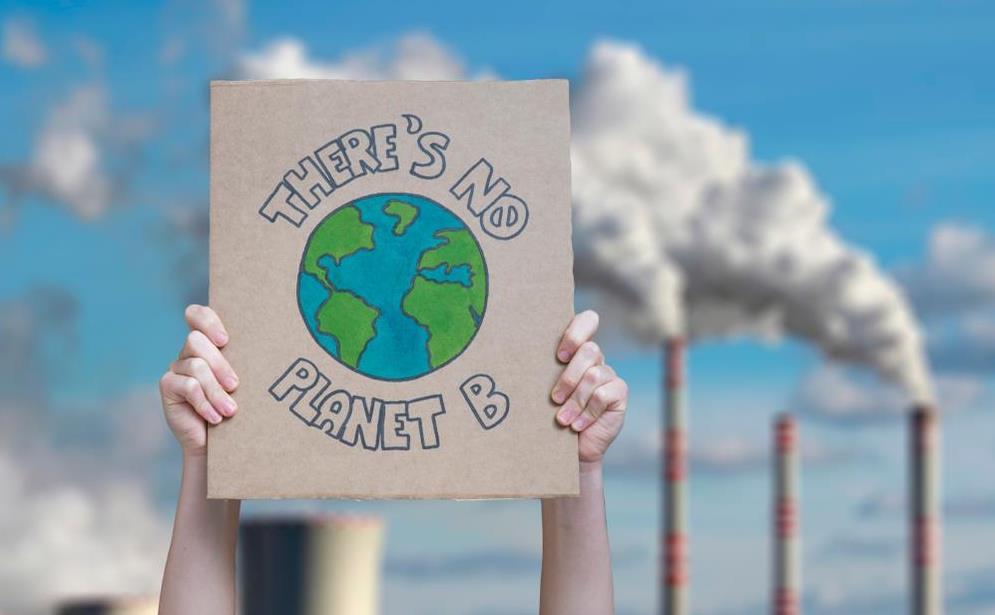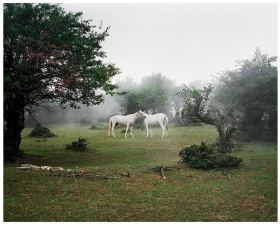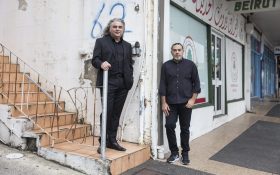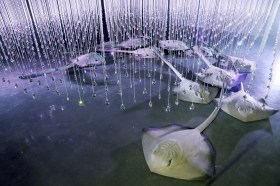The rapid rise in the popularity of Fringe Festivals in Australia has been fascinating to witness. The Adelaide Fringe is the biggest arts festival in the southern hemisphere and ‘brings together 6000+ independent artists in 300+ venues across SA, collectively putting on more than 1200 shows’. Fringe World in Perth, which celebrated its tenth year in 2021, is the third largest Fringe Festival in the world, behind the Edinburgh Fringe and Adelaide Fringe.
Arts production has suffered as a result of the COVID-19 pandemic, but despite the various lockdowns and restrictions, artists and performers in WA have heroically managed to present some shows, if not as many as in previous years.
It can safely be assumed that sponsorship from Woodside has been essential to keep the Fringe World festival going. There is no clear indication of the exact funds this gas-extraction and processing corporation hands to Fringe World, but in the festival’s annual report it states that it receives $4 million from sponsors. CEO Sharon Burgess has reputedly claimed 20% comes from the gas and oil giant. Whatever the actual figure, this three-year deal is up for renewal for the 2022-2024 period, and there’s a vocal group of artists not happy about it.
In 2020, the activist group Extinction Rebellion based in Western Australia, joined with many local artists to protest the prominence of Woodside branding throughout Fringe World, in particular the popular Woodside Pleasure Gardens, a fenced off area of tented venues, food trucks, bars and portable toilets situated in Russell Square, in the heart of the nightlife suburb of Northbridge.
This year, protesters were again visible, mainly on opening night, due to anger about a clause in the Fringe World contract for show presenters. Colloquially termed the ‘gag clause’, it stated: ‘The PRESENTER and the VENUE OPERATOR must use its best endeavours to not do any act or omit to do any act that would prejudice any of FRINGE WORLD’s sponsorship arrangements,’ and then goes on to say, ‘If you have an objection to a FRINGE WORLD sponsor, we ask that you consider whether participation in the Festival is the right platform for your presentation’.
Read: When to say no to sponsorship
There’s also a growing movement trying to persuade Fringe World to find alternative sponsorship and to not renew a deal with Woodside. The ‘Unofficial Perth Fringe World artist and producers community group’ on Facebook has more than 4000 members. During Fringe World and in the following, there’s been an on-going conversation about this issue. A petition has received more than 120 votes (to date) asking for the sponsorship to be changed and only three votes to keep it.
Sponsorship of the arts raises interesting ethical questions. The first one is around freedom of expression, a notion assumed to be a given in the arts world. However, the Fringe World gag clause implies you’re free to express yourself, just not with Fringe World.
This is an interesting response for a Fringe festival that claims to be an open access event, where the artist or show presenter is the person who pays to take part. The artist or presenter also do most of the promotion for the show; they also take most of the risk.
As comedian Tom Ballard said in a recent Guardian Australia article: ‘If we don’t have artistic freedom, the chance to say what we want in those shows because of the commercial arrangements surrounding the festival, then I think we’re in really dicey territory, particularly now we’re really getting towards the crunch time with the climate crisis.’
Even if there is no explicit ‘gag’ clause, then there is often a fear that provokes self-censorship. The arts industry is built almost entirely on professional working relationships and anyone disrupting the norm in ways the gatekeepers disapprove of is likely to be excluded.
Several artists refused to be part of this year’s Fringe World because of Woodside’s purchase of a social license through their creative work. It was a difficult decision to make as Fringe World offered a reduction in costs to encourage artists to participate after nearly a year of little or no arts activity due to COVID.
Fringe World will be announcing its decision on whether to renew Woodside’s sponsorship in the next few weeks. Despite the calls, surveys, protests and boycotts, it’s likely the sponsorship deal will be renewed as the salaries, infrastructure and other expenses connected to holding such a large event need to be covered.
BRINK, a small, but defiant local festival, is taking place in Fremantle over 25-29 March. It’s not Fringe World but it’s a start, a push-back, a chance to begin this important conversation about how we can have an ethical, sustainable Fringe Festival that does not implicitly approve of corporations damaging our climate and our children’s futures.





